Read through the essay and check for topic, tone and clarity.
Does the essay answer the prompt? Does the essay make sense? Does the topic reflect positively on the student?
If not, provide feedback to guide them in the right direction. Will the topic work if they change their approach? What could they do to clarify their main idea?
Check for spelling, punctuation, and grammar.
Read the essay fully and check that it makes sense. For the majority of EducationUSA students, English is not their native language. By doing a read for grammatical accuracy and fluency, you can help make the essay read more fluently to a native speaker. In doing so, you may clear up any confusion that you may have with their larger ideas.
You don’t have to correct every grammar or spelling mistake, but instead you can point them in the right direction by pointing out some of their common, repeated errors (e.g. explaining the differences between ‘there’, ‘their’, and ‘they’re’ or how to work on shortening run-on sentences).
Be consistent with the way you edit essays.
Talk to your mentee and see what style of editing they find most useful, and then be consistent with the method you use to add corrections and edits. This may be through comments and track changes in Word or Google Docs, or using in-text BOLD CAPITALS so that they are easily identifiable.

Do not rewrite the essay for them! Be careful not to quash your mentee’s authentic voice.
At the end of the day, this is your mentee’s essay, not yours. The way you word your comments can make a huge difference. Instead of comments like “I wouldn’t talk about X. Y is a stronger idea,” try phrasing the suggestion to be more open: “Why not talk more about Y?” or “Have you considered using Y instead of X?”
Open-ended questions give the student more freedom to explore their writing style, ideas and find their voice on their own.
Avoid making comments that don’t mean anything.
Comments and edits like “this doesn’t make sense” and “I don’t know what this means” are neither constructive nor helpful. Please remember that these students are still mastering their English language capabilities, and would benefit more from comments such as “In English, we would understand X metaphor better than Y”.
If something they said really doesn’t make sense to you, let them know how you interpret it, and work together to help clarify the idea.
Ask your mentee questions.
Asking your mentee questions in your edits allows for more self-reflection and gets them thinking about who they are, why they are writing this essay and why they have chosen the topic they have. Questions such as Why was this meaningful for you? What did you gain from this experience? Why did you see the situation in this way? Have you thought about it from another point of view? can often lead students to give surprising answers that may enhance their essay.
Read whatever documents your mentee provides you with.
You will have received your mentee’s college list, extracurriculars, and possibly a resume. If you feel like your mentee’s essay is a little lackluster but that they have written about something else on their extracurriculars that could be more fruitful, you could talk to them and see if they want to consider including this in their essay. Some students really benefit from an objective pair of eyes, particularly during a process as personal and introspective as the college essay writing process. They may not see something that they’ve been doing for years as a unique, interesting story to put in an application!
Checklist
We’ve provided a checklist to help guide you in reviewing your mentee’s drafts. This checklist was written with the Personal Essay in mind, but many of the points below can also be used to help evaluate supplemental essays. You are not required to use this system, but it may be a helpful tool to get things started!
